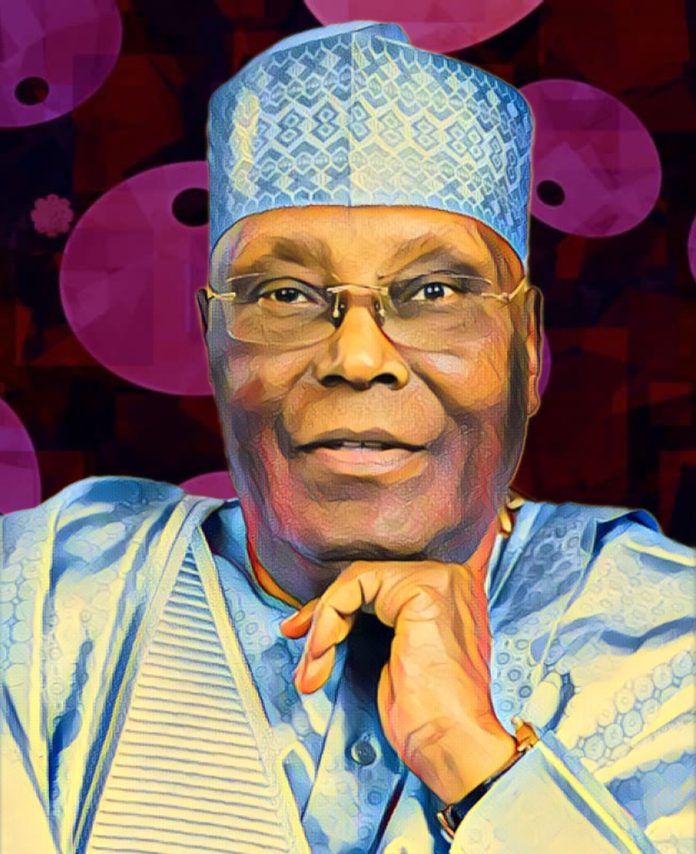Former Vice President, Atiku Abubakar, has expressed concerns about President Bola Tinubu’s handling of Nigeria’s economic reforms. Atiku suggests that there is a lack of understanding and preparation for addressing the mounting economic challenges facing the country. In a statement issued through his media aide, Paul Ibe, Atiku criticized the president’s approach to the economic reforms initiated since taking office, highlighting a perceived absence of effective strategies to mitigate the adverse effects of these reforms on Nigerians.
There has been an increase in dialogue surrounding Nigeria’s economic situation, with Atiku pointing out the current administration’s tendency towards blame-shifting rather than addressing the core issues plaguing the economy. The former vice president accused presidential spokesman Bayo Onanuga of resorting to insults rather than presenting a credible defense against accusations of economic mismanagement.
Atiku’s critique comes amid increasing economic, social, political, and security challenges in Nigeria, which he attributes to leadership failures, particularly in economic management under the All Progressives Congress (APC)-led government. According to a report by The Sun, he contrasts his preparedness and vision for the country with what he perceives as Tinubu’s reactionary and ill-prepared approach to governance.
Highlighting the stark realities of Nigeria’s economic situation, Atiku referenced the soaring inflation rates which reached a nearly 30-year high of 28.9% in December 2023, and the escalating cost of living, as evidenced by widespread protests across various states. He criticized the president’s policy measures as insufficient, comparing his proposed Economic Stimulus Fund aimed at supporting Small and Medium Enterprises (MSMEs) with Tinubu’s significantly smaller financial commitment to the sector.
Atiku’s statement underscores a deep-seated concern for Nigeria’s economic direction under President Tinubu’s leadership, calling for a more thoughtful and impactful approach to policy-making and implementation. As Nigeria grapples with these economic challenges, the debate over the best path forward continues to unfold, with stakeholders eagerly watching the administration’s next moves.



